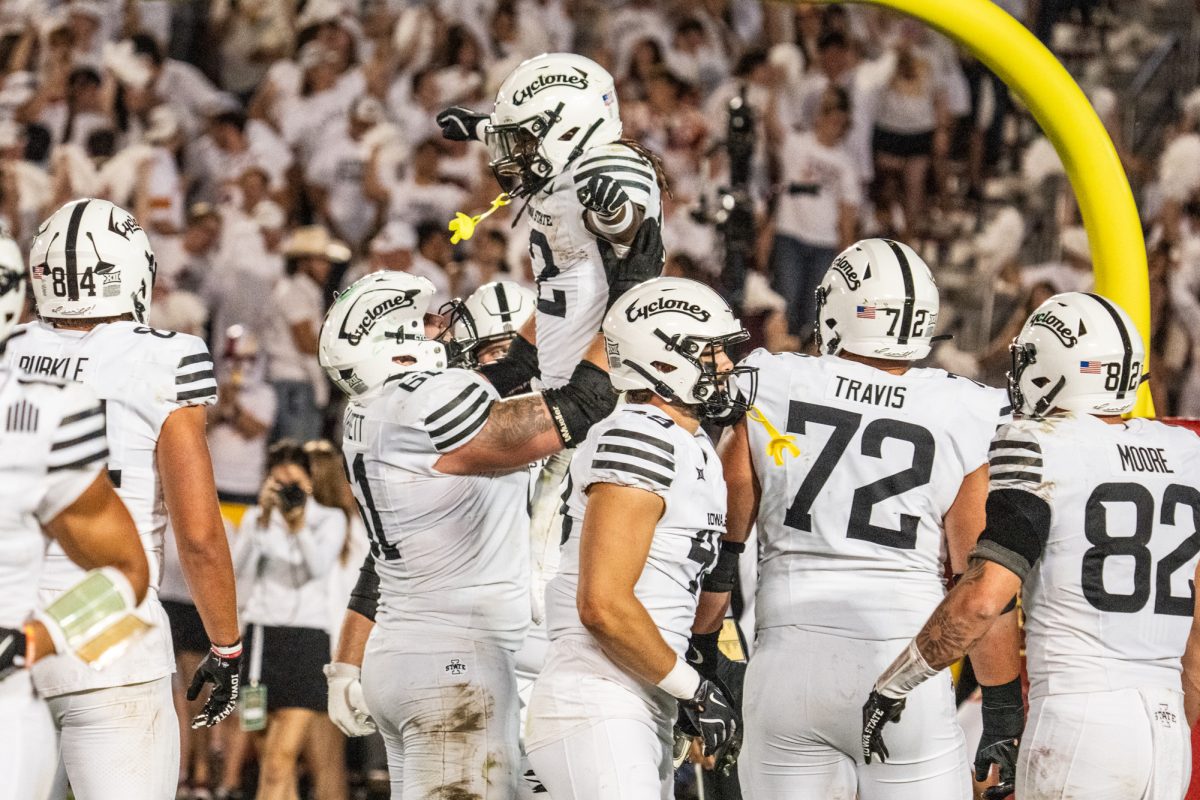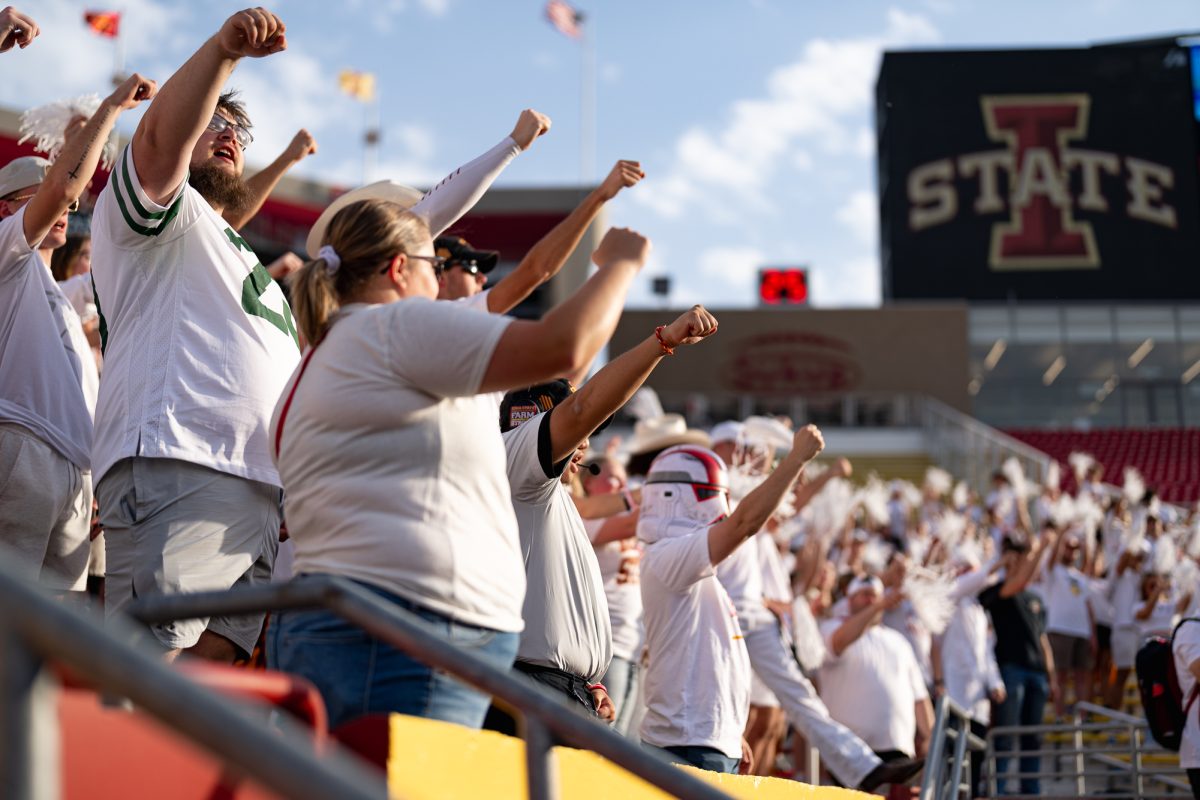If you didn’t serve, you have no right to an opinion
April 19, 1999
I have been searching for a while now how to express my “support” for NATO’s actions, and after reading the very profound article by Trineesh Biswas (Cornell Daily Sun) in yesterday’s Daily, I feel like she’s taken the words right out of my mouth.
Those condemning NATO’s actions have never been to this type of bargaining table. War is always the last resort, and the government, partisan and hypocritical as it may be, would only get involved in such an un-Godly action if it was morally obliged.
Miss Biswas has presented what I believe to be the “big picture,” something that anti-NATO groups need to take to heart.
World peace is not gained by sitting idle. If Serbia and ethnic-Albanians were two children fighting on a playground, do we, the kid looking on, just stand there and let them duke it out?
Sure, we were wrong to let those two kids on other side of the playground fight (other wars), but that does not justify us not taking moral action in Yugoslavia. Perhaps the government will finally begin to be consistent in its policies.
Civilians will die, the media will be partisan, politicians will mislead and make mistakes. These are unfortunate realities of ALL wars even if their intentions are morally good.
NATO has acted in order to save lives on what they believe to be a moral obligation, contrary to what many ignorant, and selfish anti-all war protesters think. If NATO action in Yugoslavia is unjustified, then so are the actions in the Persian Gulf, World War II, etc.
Even though I am a veteran, I do acknowledge the many hypocrisies of the U.S. Government. Though I may disapprove of the ways and means it goes about handling war, I have a moral obligation to support NATO even if it is having trouble achieving the objectives.
In turn, we can also support the changing of UN/NATO/U.S. policy throughout the world in order to treat the oppressed everywhere the same.
We all want this ugly event to end as soon as possible. However we must look at the “big picture,” as Miss Biswas has suggested, as well as striving to gain an even better understanding of it all, before making a judgement call on the justification of war.
One final thought: Ask yourself if you are willing to die for what you believe to be right and just. If not, you have no right to an opinion on the the beliefs and actions of those engaged in war.
Jeremy Anhalt
Freshman
Earth science






